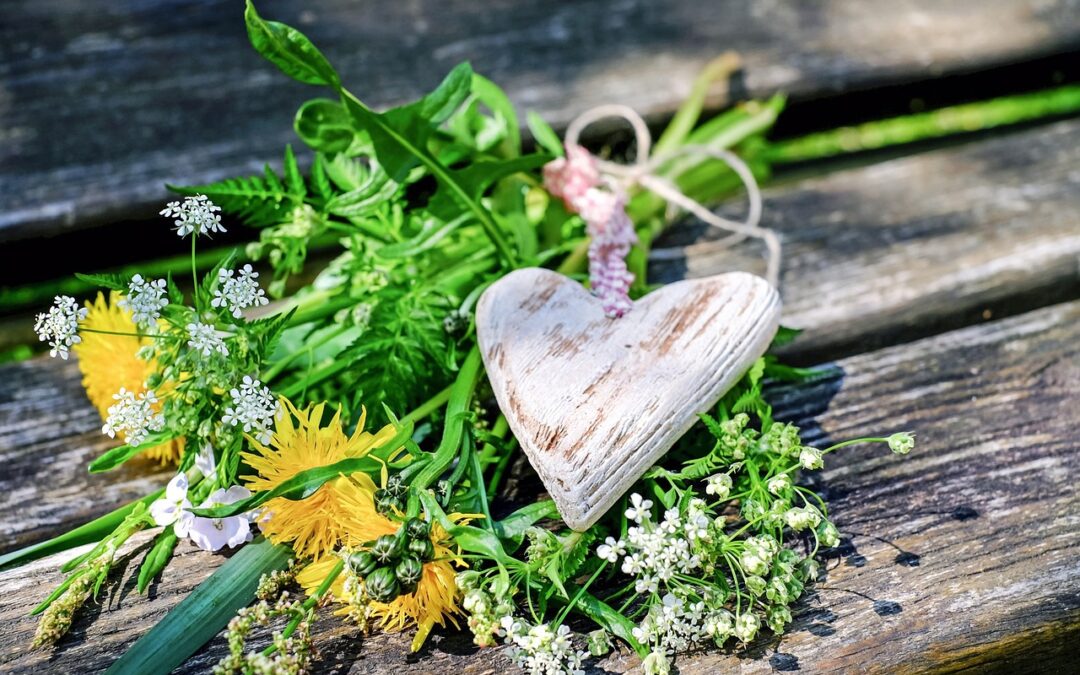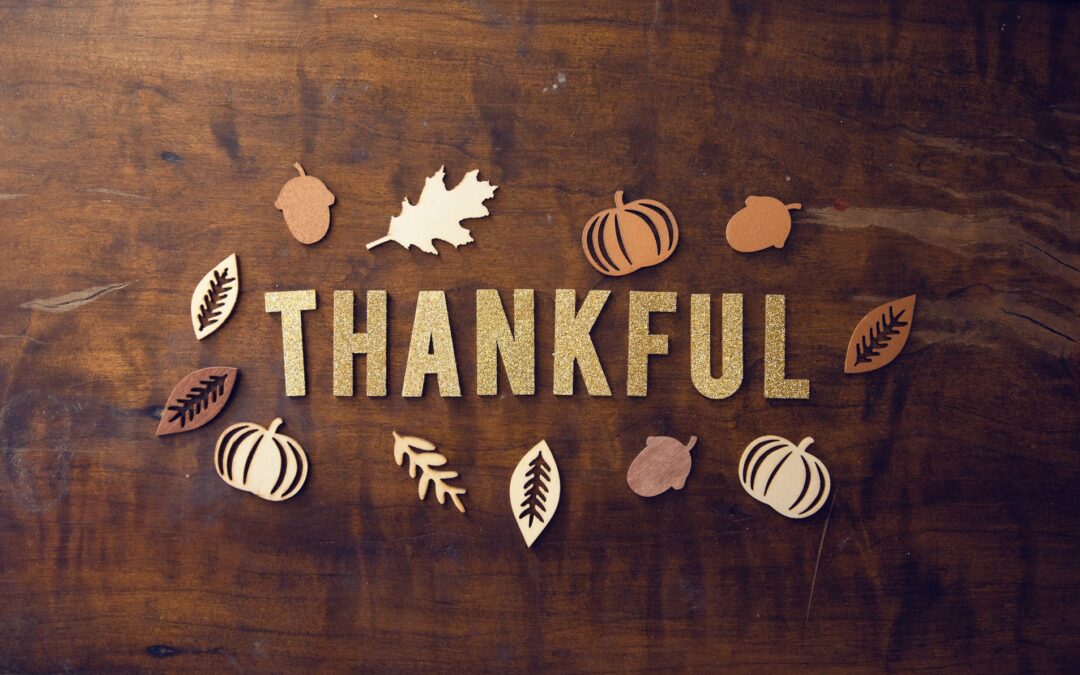“It’s the most wonderful time of the year.”
It’s a catchy tune and plays on heavy rotation during December. Sparkling lights and decorations adorn many houses and stores. Holiday advertisements, shows, and songs saturate the airwaves. Cards from relatives, friends and vendors arrive day after day in the mail. Party invitations are sure to follow. You can’t help but see the joy and excitement in the faces of children and adults alike.
The problem is, there are a group of people who don’t see this as a season of joy – but one of dread. Dread of the constant reminders and inescapable torture of the pain associated with the loss of a cherished loved one during a time of year almost exclusively focused on celebrating family.
These people often suffer in quiet anguish. They wish they could completely shut out the outside world and all of its overwhelming holiday noise. They begin to resent the relentless happiness and joy. And may even come to hate this time of year.
My husband and I lost our 4-year-old daughter, Margareta, in the fall of 2009. The Halloween and Thanksgiving that quickly followed had been very painful. But the anxiety of the impending first Christmas without her was devastating. How could we possibly celebrate a holiday primarily focused on children when one of our children had just died? While both of us would have preferred to skip Christmas altogether, we still had three other boys who believed in Santa.
In an attempt to try to alleviate some of the pain, we decided to alter our normal routine slightly.
It was an effort to not just go about “business as usual” when there was nothing usual about this Christmas – much less life – anymore. So, instead of buying a regular Christmas tree, we borrowed a friend’s artificial tree. It wasn’t much different than a real one, but at least it was different.
We knew it might be a confusing time for our boys. So we took them to a workshop for bereaved children at a local hospice meant to help them navigate their conflicting feelings during the holidays. They made memorial candles for their sister and ornaments featuring her pictures. Guided by grief counselors, they shared their feelings with other children who had lost parents and grandparents.
Nevertheless, we were faced with the reality that preparing for the fact that Christmas must go on.
Shopping for presents for our boys was pure torture. It was so painful walking past all the beautiful party dresses Margareta would have loved to wear, and seeing all the toys she would have wanted. I constantly fought back tears amid the thick crowd of holiday shoppers.
In the weeks before Christmas, one of our boys wondered aloud whether Santa knew if Margareta had died. I told him yes, Santa knows she died. It was quickly followed by the question, “Will he still bring her presents?” I flat out didn’t know what to say, so I said as much. “I don’t know, but I’m sure Santa will know what to do.”
The truth was I didn’t know. This was all new territory and incredibly painful.
My husband and I discussed whether we should participate in one of those programs where you can fulfill the wish list of a child in need. But it was all so overwhelming, we didn’t do it that year. Instead, we followed a suggestion I had read for people grieving during the holidays. I asked that each of us write a note to her and put it into her stocking. Ultimately deciding that Santa would not leave her stocking empty, I purchased a wind chime I thought she would have liked. That was her only present.
Christmas morning came and the boys rushed to find the presents Santa had left them. They were lost in the magic of excitement while we stood by with smiles painted on our faces. We did find comfort in their joy, but it was hard to watch.
Some hours passed, and we drove to the cemetery to hang up Margareta’s wind chime on a tree near her grave. I have to tell you, there is nothing quite as sobering and heartbreaking as having to visit your 4-year-old child’s grave on Christmas day to deliver their present.
In the years since her death, Christmas and the holiday season has become significantly easier.
After years of difficult grief work, we have once again discovered the joy the season brings. We see it in the faces of our children. We look forward to sharing the excitement of our youngest child – born a year after Margareta’s death. We can truly celebrate the season once again.
Of course that doesn’t mean the pain is gone; just softened.
As I wander through the stores during the holidays now, I face a new kind of pain. Instead of seeing what I know she would have wanted, I’m faced with the reality that I don’t know what she would have wanted. I don’t know what my daughter would have liked at nine-years-old. It is a hard reminder that we didn’t just lose our daughter – we lost our future with her in it.
So, if you find yourself dreading the impending holidays, know that you are not alone. There are plenty of people that understand how you feel.
Also know that as time goes on, it will get easier to handle, and one day you may come to find joy in the season again.
Wishing you peace.






 This website was inspired by the memory of Margareta Sol Kubitz in hopes of helping others work through the pain of grief.
This website was inspired by the memory of Margareta Sol Kubitz in hopes of helping others work through the pain of grief.